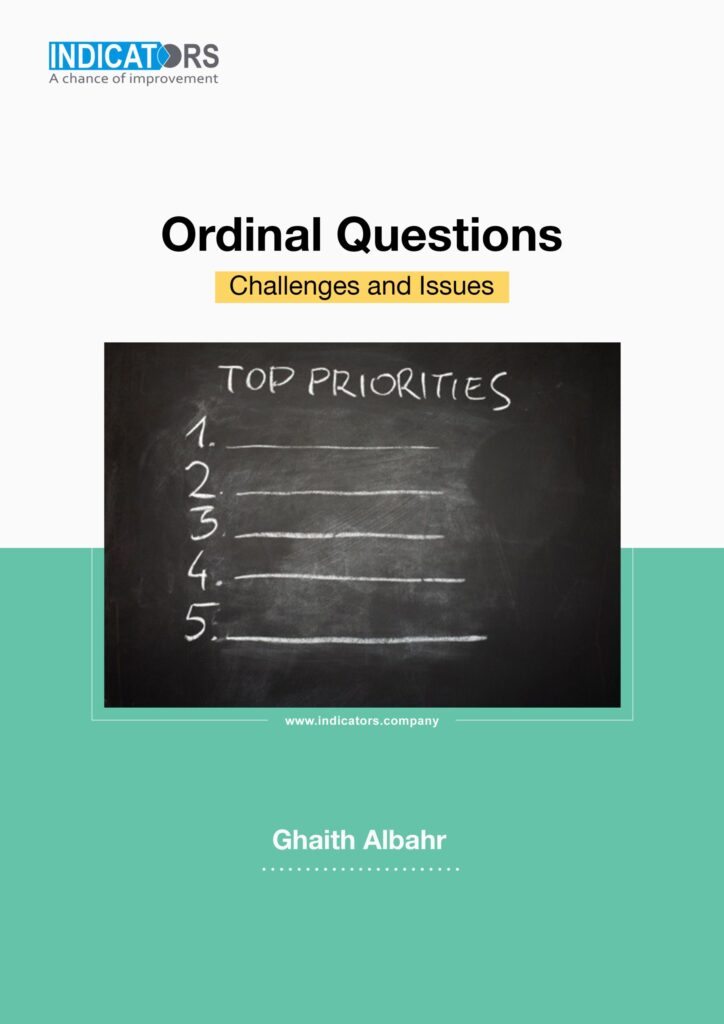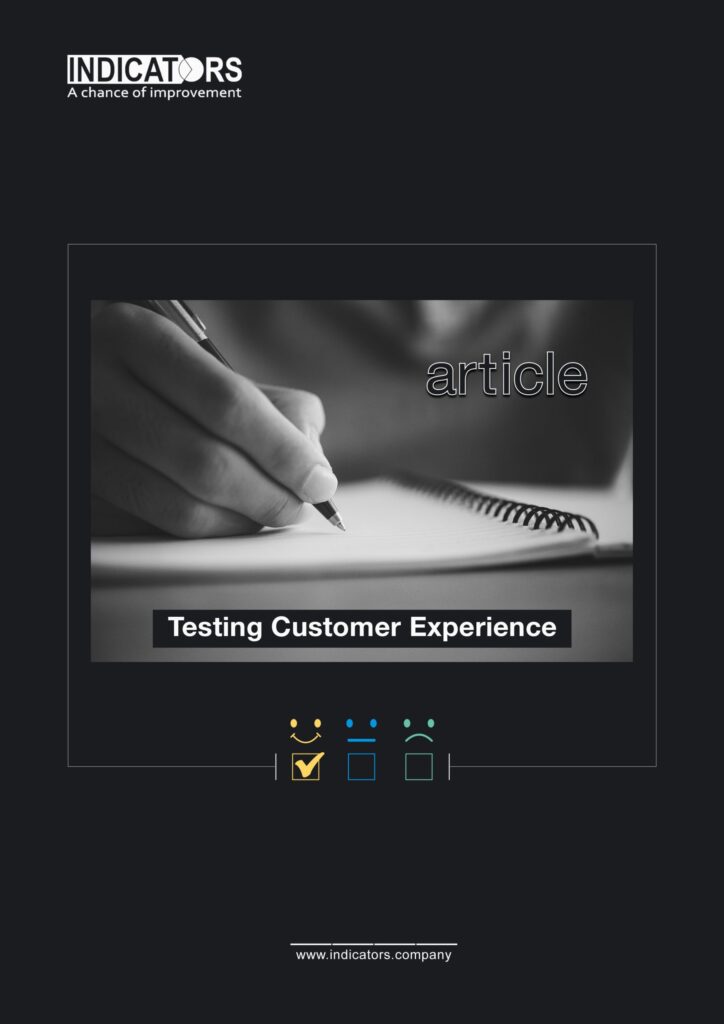Issues of Asking Direct Questions
Researchers and workers of all research fields (monitoring and evaluation, market research, opinion polls… etc.) usually work on identifying a set of research topics (usually called either research topics, key questions, or hypotheses…), then derive the questions that will be asked in the research tools from these topics. The problem I noticed that many researchers have, especially those working on developing #questionnaires / #research_tools, is that the phrasing of the questions uses almost the same words as the research topics. i.e., If we had a question about “the needs that would help increase the level of inclusion of people with disabilities in education”, the researcher asked people with disabilities “What are the needs that would help increase the level of your inclusion in education?”.
This method of phrasing results in many problems that would lead to not obtaining correct results or to a failure in answering the questions of the research, and this happens because:
1. The research topic may include terms that the participants are not familiar with, as academic terms are often used in research topics, therefore, other equivalent words that are used in real life must be used.
2. Most of the main research topics are complicated which cannot be answered by answering a single question, rather, they should be partitioned into sub-topics. Those sub-topics shall be phrased into questions (taking into consideration the appropriate amendment of the phrasing also), therefore, presenting the research topic directly and literally will cause confusion for the respondents, as they will be facing a broad and general question that is difficult for them to answer in this way.
3. In most cases, the participants do not have a level of knowledge that would help them answer the question in this form, this means that when studying the needs of people with disabilities that are required to increase their inclusion in education, it is better to ask the questions that related to the problems and difficulties they face that hinder their access to an appropriate education, with the necessity of emphasizing that asking about these problems and difficulties must be in a detailed way.
In summary, it can be said that the process of developing questionnaires appears to be easy for workers in this field, especially non-specialists, and anyone can work on the development of the questionnaires, but the experience, especially at the time of receiving data after all the efforts exerted for structuring the sample, and research methodology, shows that the data are useless, and this is due to the wrong design of the questionnaires.
Questionnaires can be expressed as the clearest example of the phrase “deceptively simple”, as anyone can develop a questionnaire, but the challenge comes with the obtained data. I recommend all workers in the field of research to improve their skills in #questionnaire_writing, and concentrate on the applied references, as most of the books only tackle theoretical aspects.













